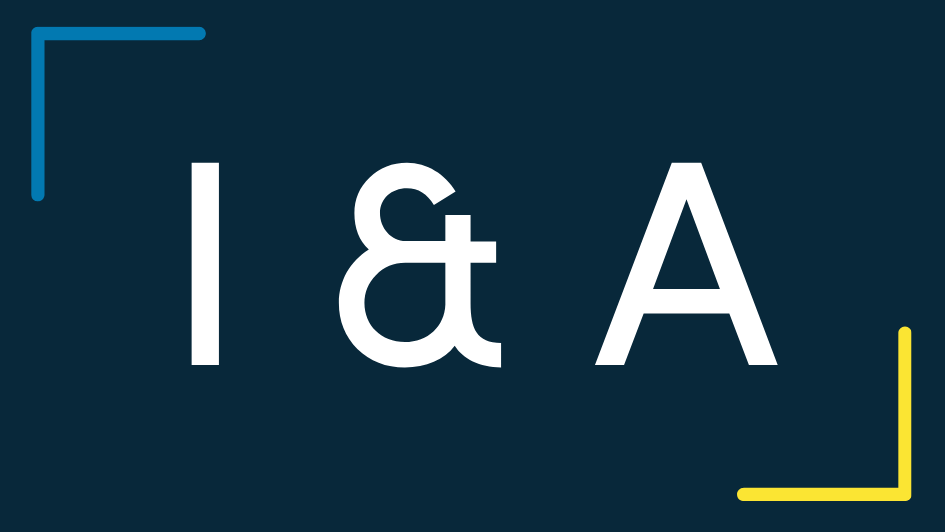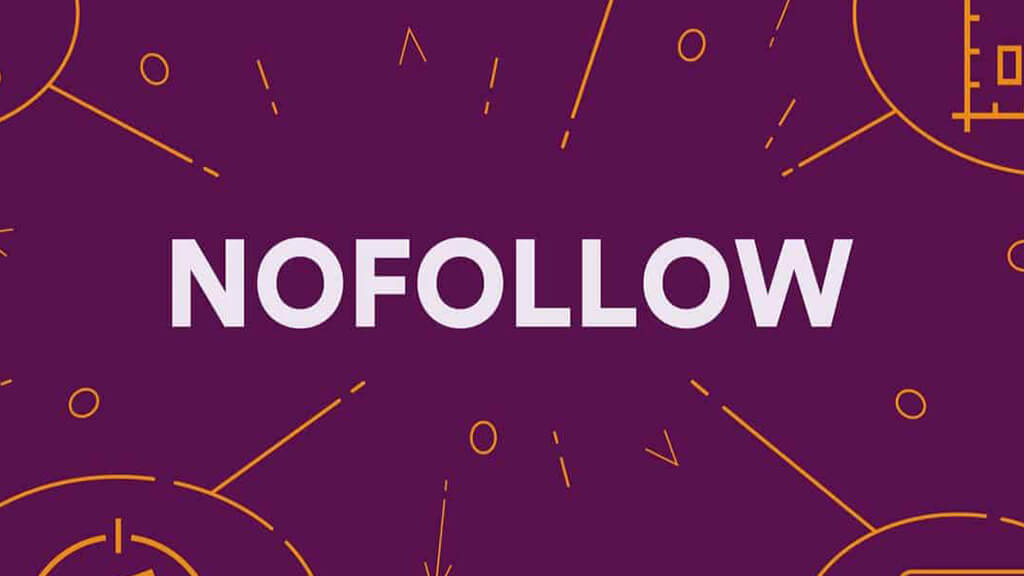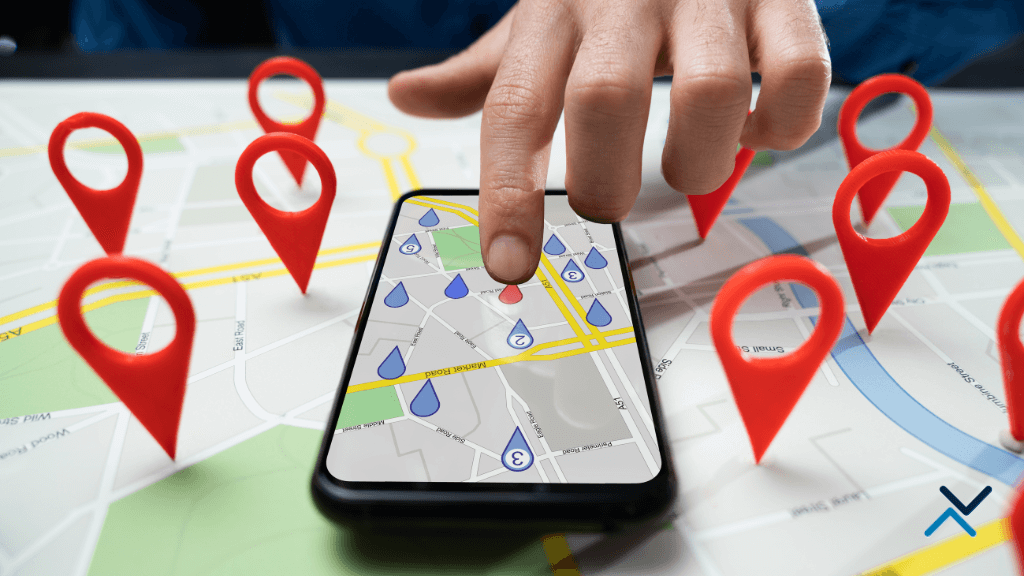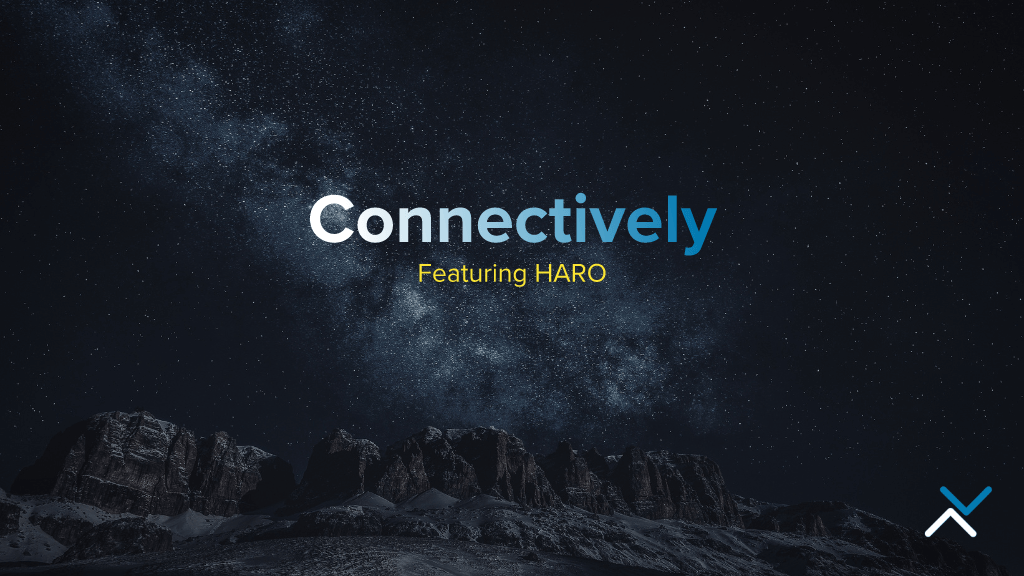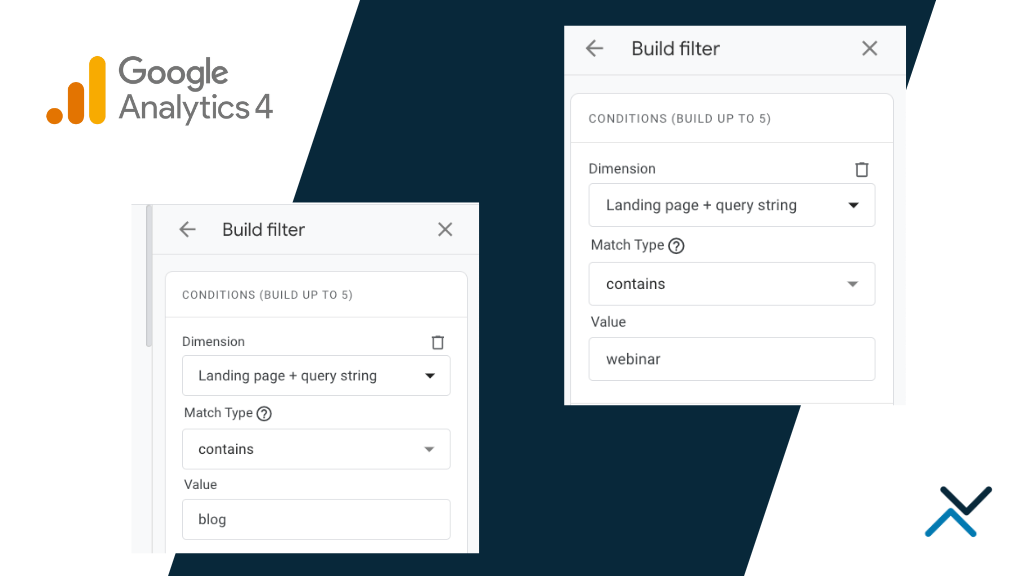Google made an announcement on September 10th regarding exactly how they treat outbound links from sites and updates to the link relationship attribute. Most SEOs are accustomed to rel=”nofollow” for any outbound links where they did not want to lose any authority from the linking page. In addition to the familiar rel=”nofollow” link attribute, there are now two more links SEOs and digital marketers need to consider.
Welcome Sponsored & UGC Links
As link types evolve over time, Google is simply trying to get better at understanding and assessing the value of a link. To do so, the company is now asking webmasters to better identify the link as either sponsored, UGC or nofollow.
Sponsored Links
As SEO and affiliate marketers know, there is a clear difference between an organic link found within content and one that is sponsored. In most cases, the sponsored link is paid for and needs to use a specific link attribute (formerly rel=”nofollow”) to let Googlebot know it is a paid link. Webmasters and marketers who choose not to identify paid links as such run the risk of a link penalty being given for their domain.
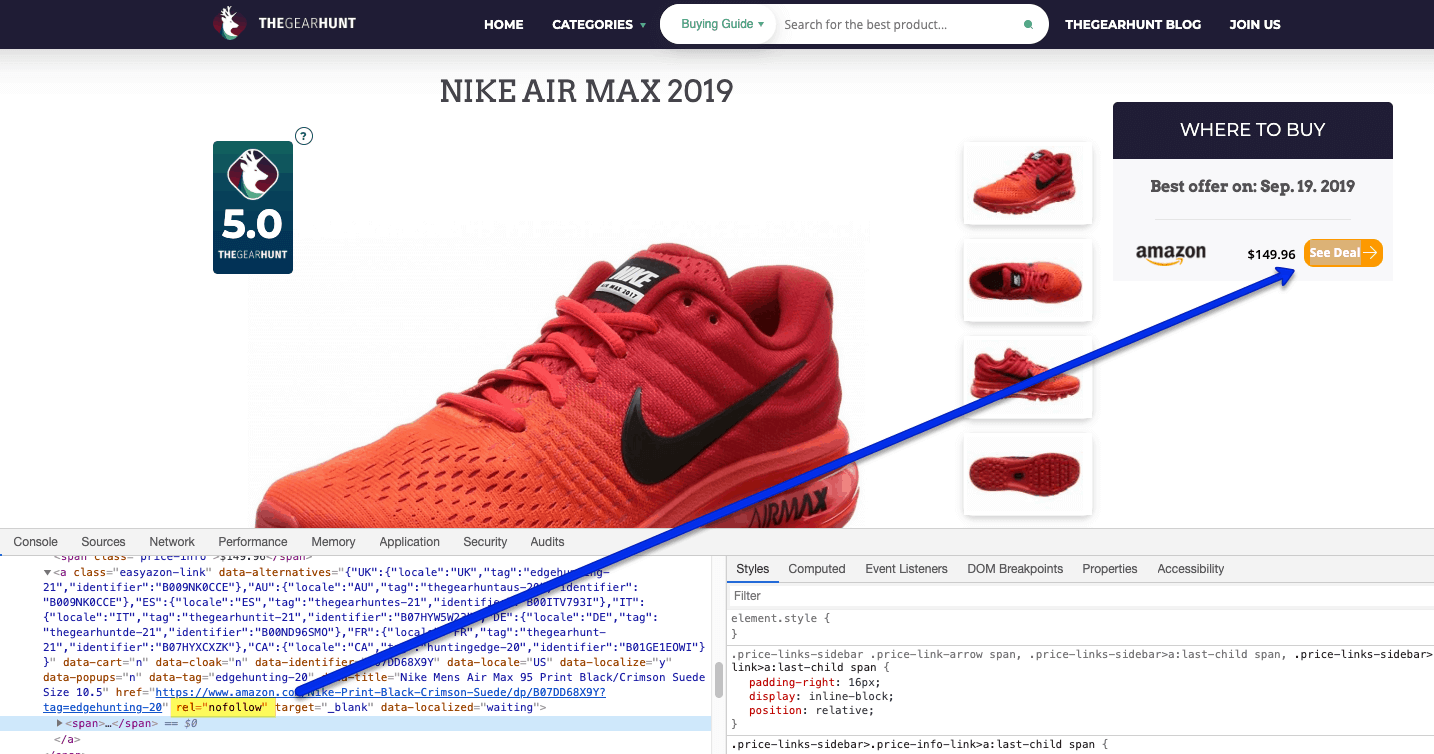
Similar to using the nofollow attribute for paid links, Google is now asking marketers to use rel=”sponsored” to clearly identify the nature of the outbound link. If there is any type of compensation exchanged for the link, remember to use the sponsored attribute.
User-Generated Content Links
User-generated content (UGC) is inclusive any type of content created by visitors of a site. Any outbound links in forums, blog comments, question/answer sections or user-created reviews need to start identifying the link as rel=”ugc”. For example, if you are blogging on a WordPress site, links in the comment section from users of the site are currently marked as rel=”nofollow”.
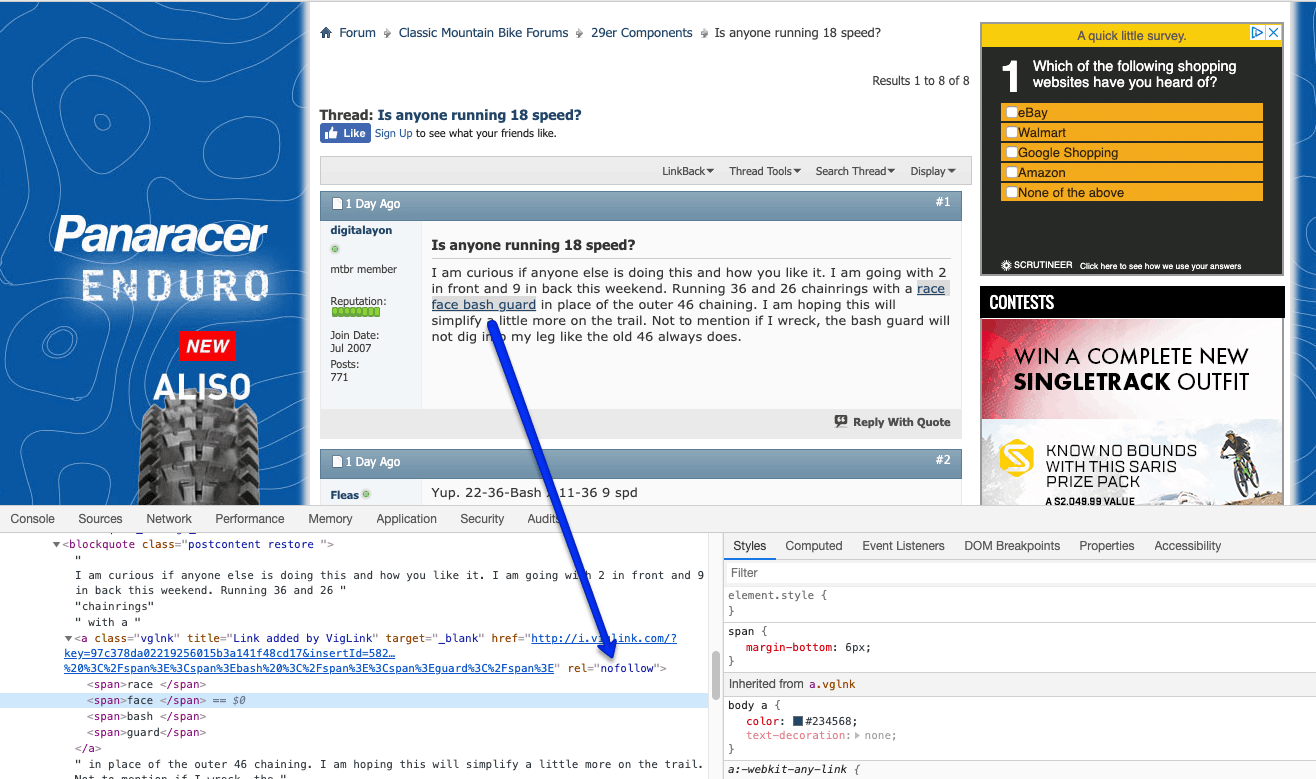
Going forward, to comply with Google’s new request, these links will be marked as rel=”ugc”. Google is still able to read the content and can use the content to determine a page’s ranking, the key difference is that Googlebot will now understand links were created by your users and not you, the webmaster / site owner.
What Does this Mean for rel=”nofollow”?
This link attribute still needs to be used for any outbound links where you intentionally don’t want to pass authority from the linking page. If it’s not a sponsored link or a user-generated link, you still may not want to pass value to whatever resource you are linking to. I’ve seen rel=”nofollow” used for industry reports, social media links, PDF documents, etc. When creating any link, ask yourself if you are okay with passing your site’s value onto the location you’re linking to. If not, use the rel=”nofollow” attribute.
Why Is It Important to Use Link Attributes Like Nofollow, Sponsored & UGC?
The internet is largely based off of links, one website’s content linking another website’s content. Over time, people learned how to spam Google results through the use of link schemes and deceptive links. Google first introduced the rel=”nofollow” attribute ~15 years ago to help correct the spam and reward websites complying with these guidelines. Now, as the internet and its various forms of marketing have become more diverse, Google is revising how it considers these links and may even give weight to a nofollow link.
As SEOs, marketers and webmasters, it’s important to our own rankings and presence in results to be compliant with Google’s standards. It also helps weed out the sites employing spammy practices and those participating in paid link schemes.
Do I Need To Update My Content for the New Link Attributes?
Thankfully, Google has made it clear that existing links do not need to be updated. You’ll just need to consider the new link attributes going forward for any new content or developments made on the site. For example, if you are implementing a customer review tool like Bazaarvoice or Trust Pilot, remember to work with your developer on any links that should use rel=”ugc”.
If you have any questions about when to use rel=”nofollow”, rel=”sponsored” or rel=”ugc”, please don’t hesitate to reach out.


